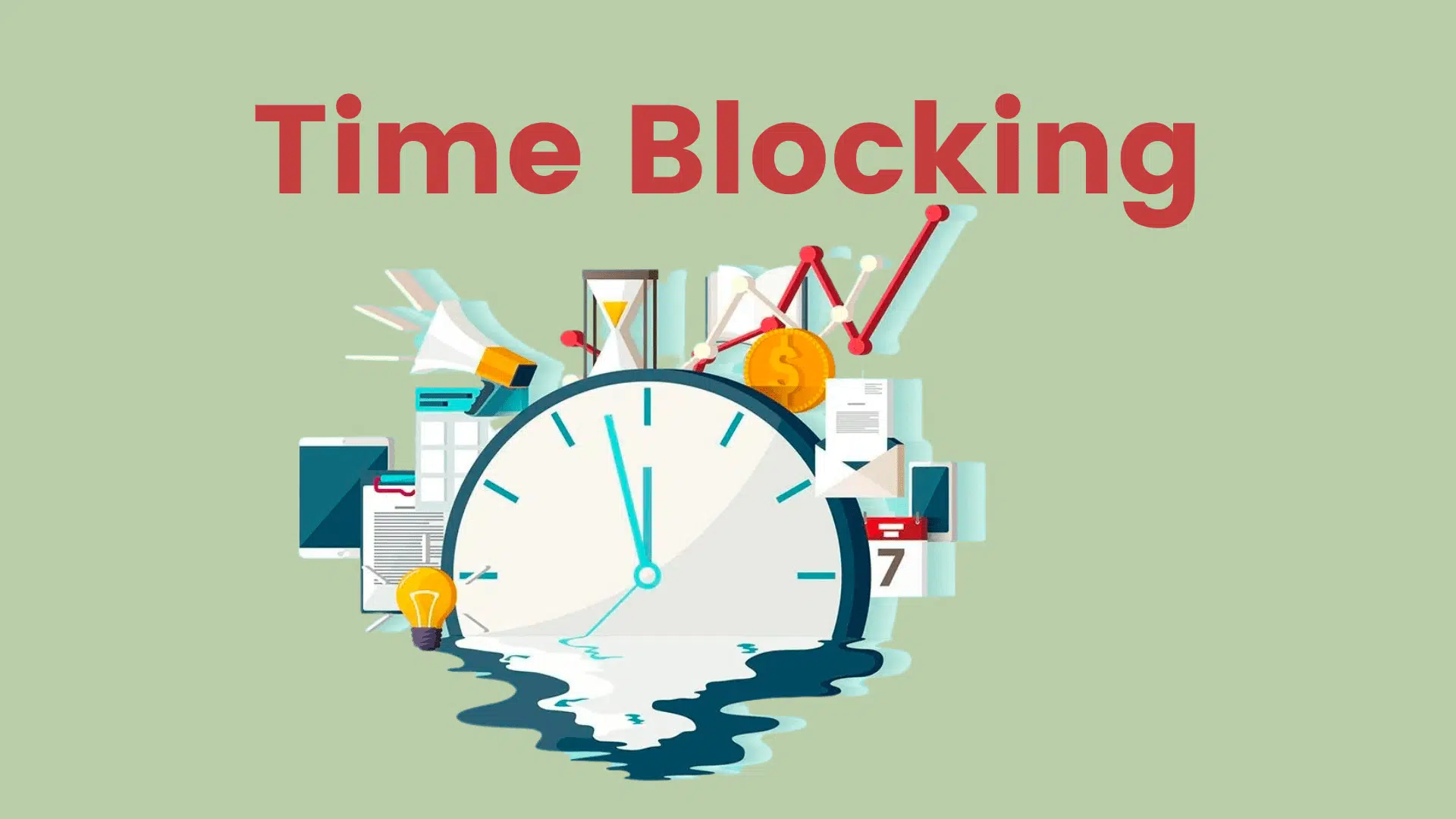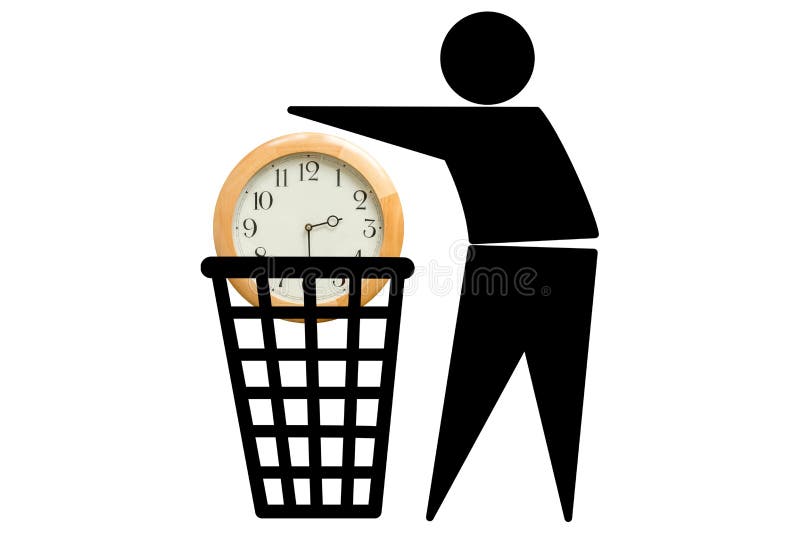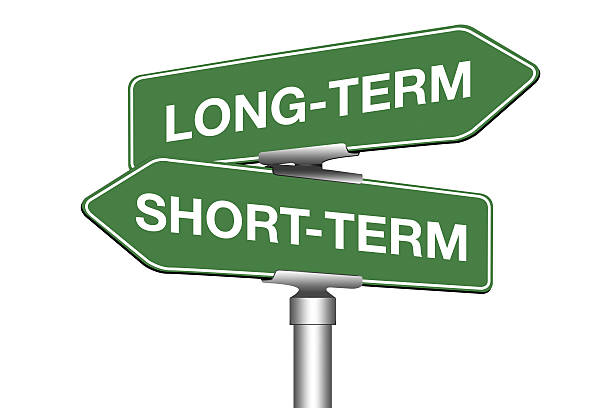Is taking your dog to the vet today urgent or not urgent?

It needs to happen immediately and can’t wait!
Is a dentist appointment rigid or flexible?

Rigid – a specific appointment time that cannot be changed.
What is procrastination?

Procrastination means choosing to wait or delay doing something important.
What does it mean to 'chunk' a task?

It means breaking big tasks into smaller, easier steps.
What does 'estimating time' mean?
![]()
It means guessing how long a task will take so you can plan better.
Name two things that are 'urgent' tasks and two that are 'not urgent'.
Possible Answers:
Urgent: take medicine, help someone in danger.
Not Urgent: organize desk, plan next week’s outfits.
Name a task that is flexible and one that is rigid.

Possible Answer:
Rigid: doctor’s appointment.
Flexible: drawing or journaling at home
Name two things people do when they procrastinate.
Possible Answers: Playing video games, watching YouTube, scrolling social media.
Break the task 'clean your room' into 3 smaller chunks.

Example: 1. Pick up toys
2. Make bed
3. Sweep floor
Why is time blocking helpful when planning your day?

It helps you block out time for specific tasks so you’re more organized.
Why is it important to know which tasks are urgent?

It helps you finish the most important things first and avoid stress later.
Why should we schedule rigid tasks first when planning our day?
Because they are fixed and must be scheduled first so nothing overlaps.
Why can time wasters become a problem?

They waste time that you need to get your important work done.
How does chunking make tasks easier to finish?
It makes the task feel less overwhelming and easier to finish.
What’s the difference between a short-term and a long-term goal?

Short-term goal: something you can finish soon.
Long-term goal: something that takes weeks or months.
Put these tasks in order from most urgent to least: Studying for a test tomorrow, calling a friend, washing dishes, submitting a job application.
1. Studying for a test tomorrow (urgent)
2. Submitting a job application (urgent)
3. Washing dishes (not urgent)
4. Calling a friend (not urgent)
Plan a morning schedule using two rigid tasks and two flexible tasks.
Example: 8am – doctor (rigid), 9am – reading (flexible), 10am – school (rigid), 11am – clean room (flexible)
List two strategies that help you stop procrastinating.
Possible Answers: Use a timer, make a checklist, or promise yourself a reward after you finish.
Break the task 'make dinner' into 4 steps using task analysis.
Example:
1. Choose what to make
2. Get ingredients
3. Cook food
4. Set the table
Create a schedule block for cleaning your room using time estimation and time blocking.
Estimate cleaning time (e.g., 60 minutes), block time on a schedule (e.g., 10–11am), and check off each part as you go.